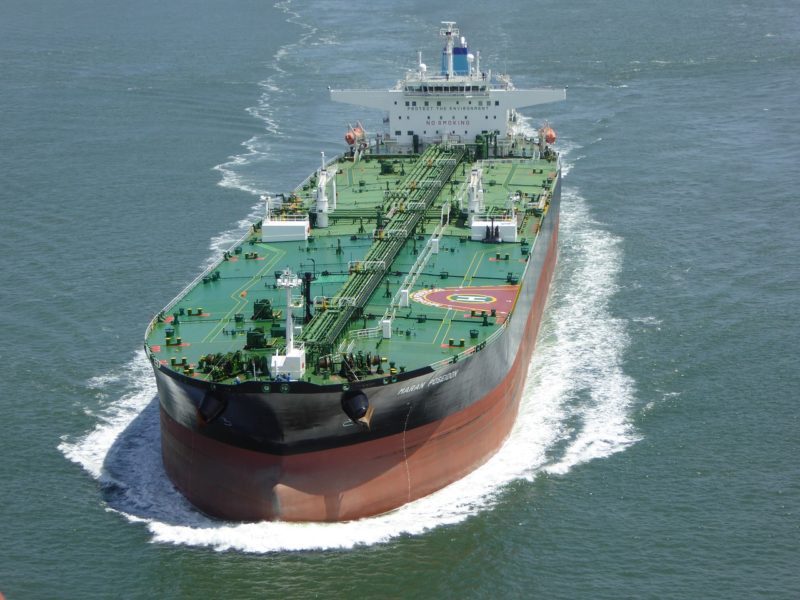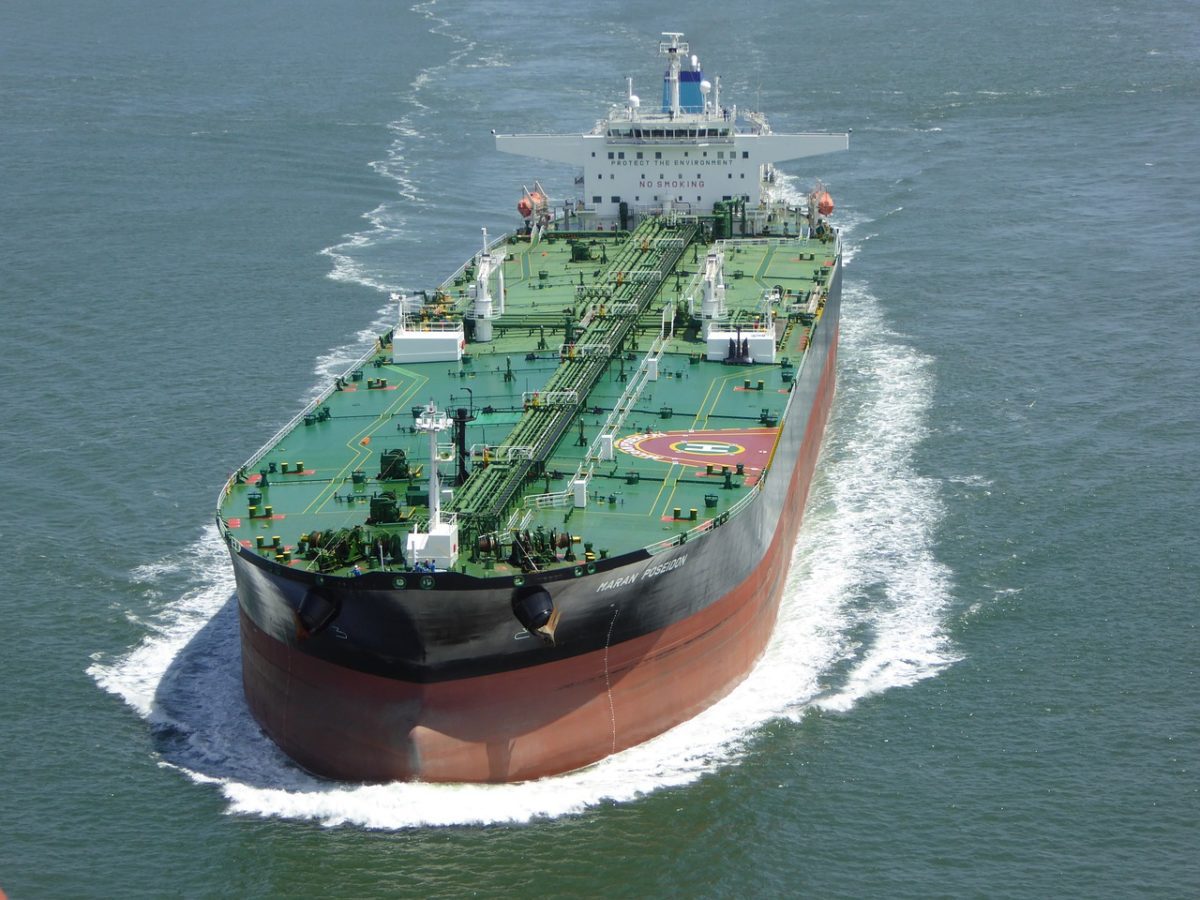
By Firat Kayakiran
(Bloomberg) — Oil tanker rates jumped to a four-month high as traders booked the most cargoes for the time of year on record, offering signs that Middle East producers could be adding barrels to the market just before OPEC embarks on its deepest output cuts in eight years.
Day rates on shipments from the Middle East to Asia jumped to $47,479 while a surplus of crude tankers in the Persian Gulf matched the lowest level in a year, Baltic Exchange and Bloomberg surveys showed. Traders booked the most one-off, or spot, cargoes for the month of October in at least 12 years, according Galbraith’s Ltd., a London-based shipbroker.
“The suspicion is that there’s an extraordinarily high output from the Middle East ahead of the expected cut decision in November,” Erik Stavseth, an analyst at Arctic Securities AS in Oslo covering shipping companies, said in a phone interview. “We see increased exports from Iran, Iraq, Saudi Arabia, Kuwait and also U.A.E.”
Tanker companies are benefiting from a rare confluence of events boosting the global supply of crude before the Organization of Petroleum Exporting Countries prepares to cut output to steady markets. In addition to increased Middle Eastern production, Russia is pumping post-Soviet era record volumes, Libya and Nigeria are boosting exports, and the U.S. is returning to the global market in full for the first time in four decades.
The 141 cargoes that traders booked are the highest for an October in at least 12 years and the most for any single month since March, Galbraith’s data show. The shipments only capture part of the market because traders also ship oil on vessels booked on long-term charters.
At talks last month in Algiers, OPEC agreed to curb output to an average 32.5 million to 33 million barrels of crude a day. The 14-nation group in September pumped 33.39 million barrels a day, according to OPEC’s own survey of secondary sources. Each country’s allocation hasn’t been finalized, though the building blocks of the accord will be in place by the group’s November 30 meeting, OPEC Secretary-General Mohammed Barkindo said at an oil conference in London Tuesday.
Iraq, Kuwait
Crude exports from Kuwait and Iraq both rose in August from July, according to the Joint Organisations Data Initiative in Riyadh. While Saudi Arabia’s fell 4.2 percent to 7.31 million barrels a day, a better measure is the annual change because the country burns more crude in summer for power generation. They climbed year on year. Iran, OPEC’s third largest member, plans to increase production to 4 million barrels a day this year, from 3.89 million a day currently, according to the National Iranian Oil Co.
The excess supply has been a boon for companies owning crude tankers. Benchmark tanker rates to Japan from the Middle East rose for the 17th session Tuesday, according to Baltic Exchange data. The $47,479 a day they are earning is the highest since June 9. On Sept. 27, the day before OPEC committed in Algiers to restraining supplies, the daily rate for the vessels was $14,779.
Increased export activity in the Middle East and West Africa “could be enough to push rates further north,” analysts at ABN AMRO Capital Markets Solutions said in a research note Wednesday.
Analysts surveyed by Bloomberg are anticipating rates of $35,000 a day for the ships in 2017. That would make them profitable for a fourth consecutive year, according to estimates gathered by Bloomberg and cash-break even data from Bermuda-based Frontline Ltd., one of the largest operators. Part of their bullishness is because if OPEC does cut output, increases from Nigeria and Libya could boost demand for long-distance cargoes.
“For tankers we see limited impact from OPEC’s decision to limit output,” said Jonathan Staubo, an analyst at Fearnley Securities AS in Oslo. “As the proposed cuts allow for a recovery of output in Nigeria and Libya, we could now see the Atlantic regaining some momentum which is positive from a ton-mile perspective.”
© 2016 Bloomberg L.P

 Join The Club
Join The Club












